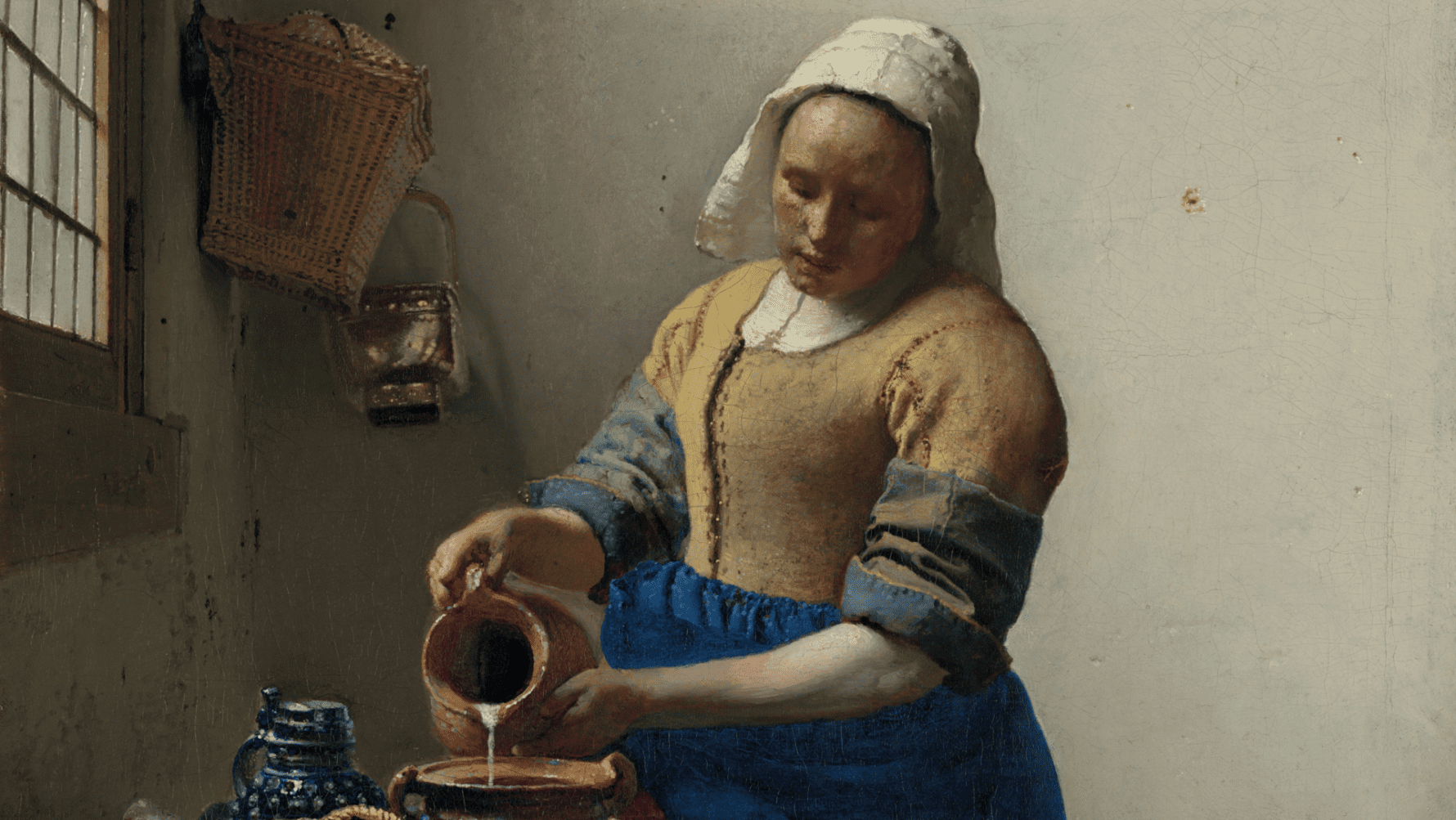
Tradition and The Democratic Decision-Making Process
In Tradition and the Deliberative Turn, Ryan R. Holston warns that democracy cannot function well without tradition.

In Tradition and the Deliberative Turn, Ryan R. Holston warns that democracy cannot function well without tradition.

If it is ontologically impossible for God Himself to be an ‘independent thinker,’ I struggle to see how Bill Maher manages it.

“The traditional liturgy is a ‘cathedral’ of text and gesture, developing as those venerable buildings did over many centuries.”

The liturgy is a sacred and intense ritual in which everyone is focused on the priestly offering to God unfolding before the congregation.

The great nations of the West had their own cultures once, and that inheritance is still there for those who care.

Great writers do not seek to escape influence—instead their creative genius shapes what they inherited.

The family recipe book is a vital part of the conservative cultural enterprise.

The main threat of disfigurement to Notre-Dame de Paris comes not from the French state, but from the initiatives of the diocese.

The return of the spire in its original shape is a victory for those who fought to ensure the cathedral’s pre-fire appearance was respected.

Our duty as Catholics is to pray for the Pope; but, to do so truly, we must not blind ourselves to his faults.
To submit a pitch for consideration:
submissions@
For subscription inquiries:
subscriptions@